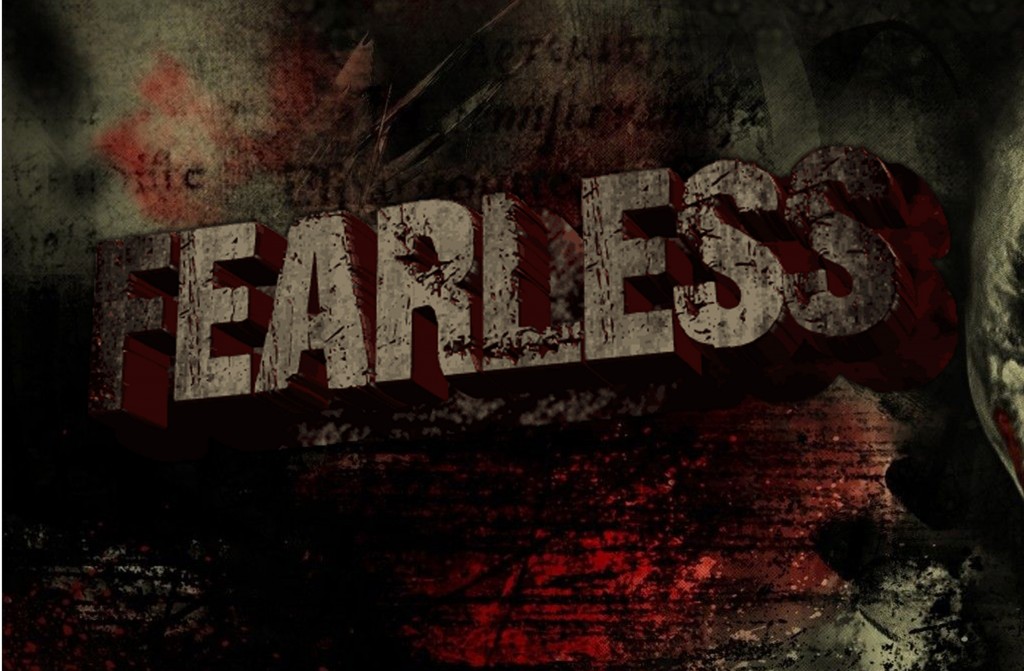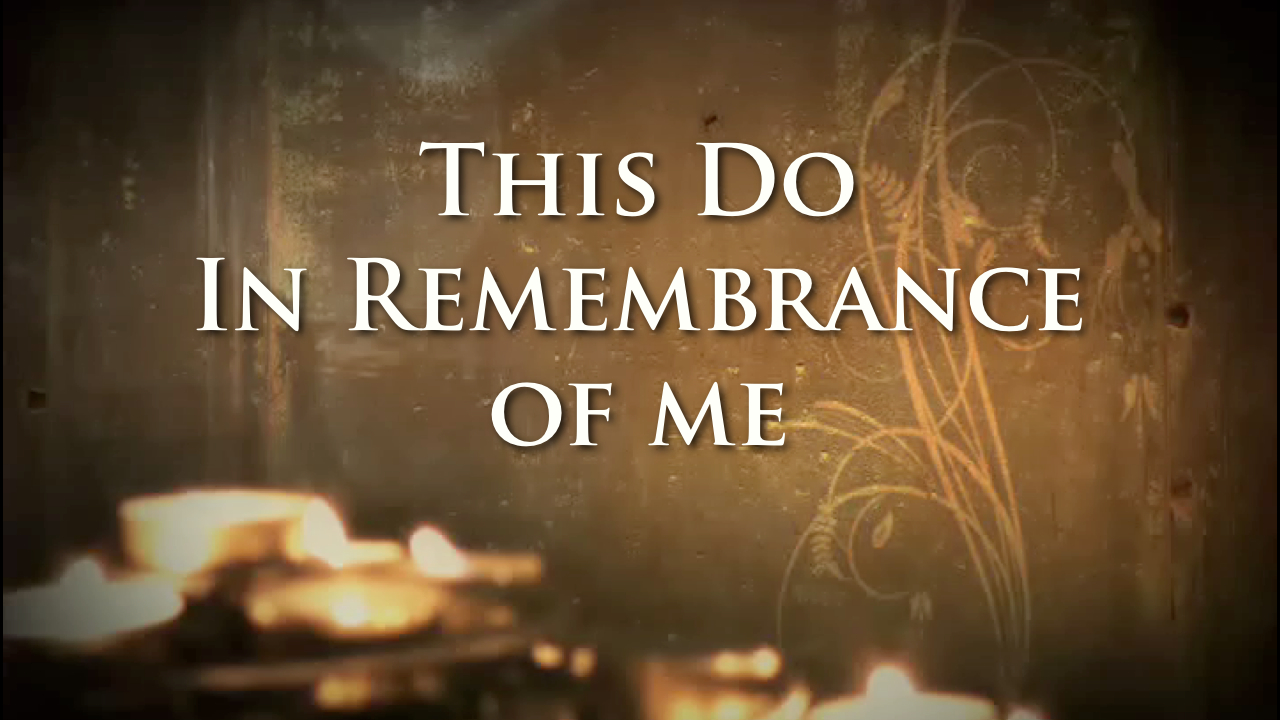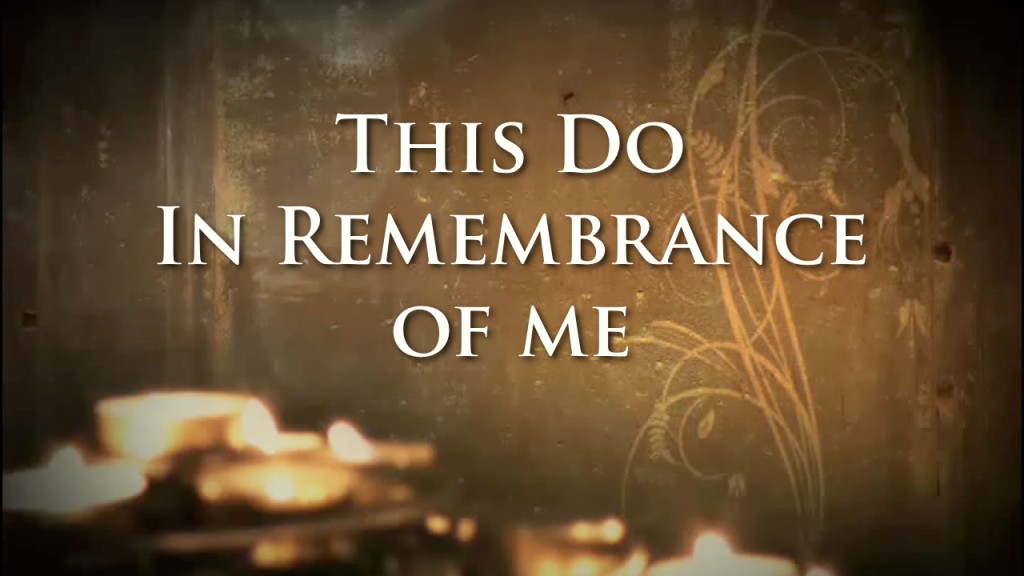Our imaginations are powerful machines. They have a great way of spinning possible scenarios out of control. They play into the fears that have taken root in our hearts and minds, pouring gasoline and igniting them into a raging fire.
- Your husband is running 5 minutes late on his way home from work…and your imagination thinks he’s abandoned your family.
- Your meeting with your boss is unexpectedly cancelled…and your imagination thinks it’s because you’re being let go, and probably going to be thrown in jail.
- You’ve been asked to speak publicly…and your imagination thinks you’ll be booed, or worse, laughed off stage.
- You’ve got an interview coming up…and your imagination thinks they’ll not only not hire you, but they’ll fire you from your current job.
- You’ve got a test coming up…and your imagination thinks you’ll fail it, and concurrently life will fall apart.
- You slip up with your addiction…and your imagination thinks God hates you now.
- You’re working on your dream…and your imagination thinks you’ll never finish it, but that it’ll be your demise.
Our imagination is great at exacerbating our fears, making them feel worse and worse, feeding what helps them grow: more fear.
But what if God had a different idea for our imaginations? What if there was a better way to use them?
Check this out:
May you experience the love of Christ, though it is too great to understand fully. Then you will be made complete with all the fullness of life and power that comes from God. Now all glory to God, who is able, through his mighty power at work within us, to accomplish infinitely more than we might ask or think. – the Apostle Paul, Ephesians 3:19-20
This passage speaks directly to the heart of our fears and imaginations. How?
5 Truths about Fear and Imagination
1. The opposite of fear is love. It’s a love that’s “too great to understand fully.” Because when you’re loved, fear can make no nest. I remind my son of this all of the time when he’s afraid. He’ll call me from his room at night, when it’s dark and quiet. “Dad?? Can you come here??”
“Hey buddy. It’s okay. You’re safe. Daddy loves you so much, and I’m not going to let anything happen to you. And even more important than that, ‘God is bigger than the boogie man…'” (we sing a little Veggie Tales song together)
2. Perfect love casts out fear. 1 John reminds us that “perfect love expels all fear.” (1 John 4:18) Fear can’t make a roost where love has rooted.
3. With love comes power. Power from the loving God. Power to conquer our fears, because they don’t hold power over us anymore. Power to punch our fears right in the throat.
4. Through that power, God can accomplish more through us than we can even think. Try to think of how God could use your fear right now. Go ahead. Now ask God to do that. God’s already got something bigger planned. It’s going to blow your mind.
5. Your fear isn’t even about you. What God’s going to do isn’t even on your radar. God’s going to use it to change your future. He’s going to comfort you, and give you courage, and remind you how powerful He is…so that someone else can see and feel the love and power of God through you and your story.
God can use your fears to do amazing things, affecting your life and the lives of others. He can help you grow through them, and become all you were intended to be in Christ. But we’ve got to be creative, and use our imaginations not to constantly spin the worst-case scenario.
But to spin the best, most mind-blowing scenario possible.
And know that God can do more.
Trust God. Rebuke fear. Dream bigger.









